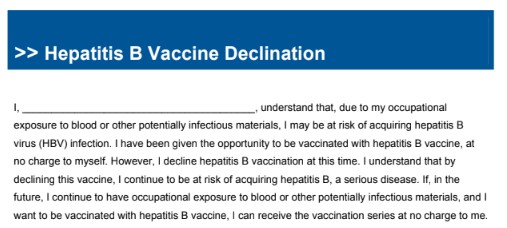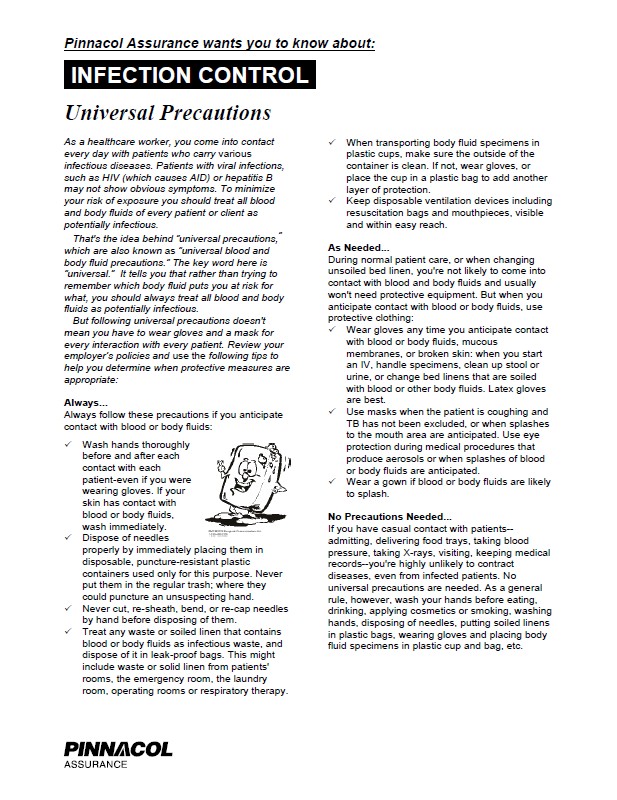
Bloodborne pathogens are infectious microorganisms present in human blood that can cause devastating diseases, including Hepatitis B virus (HBV), Hepatitis C virus (HCV), and human immunodeficiency virus (HIV). According to OSHA, these pathogens pose a serious risk to millions of workers, especially in the healthcare industry, but also to first responders, law enforcement, and sanitation workers. The most common way these pathogens are transmitted is through percutaneous injuries from contaminated needles or other sharps.
To combat this significant threat, OSHA established the Bloodborne Pathogens Standard (29 CFR 1910.1030), one of the most important and frequently cited standards in healthcare. Its purpose is to protect employees who may have occupational exposure to blood or other potentially infectious materials (OPIM). The standard requires employers to implement an Exposure Control Plan, a written document that outlines how the workplace will eliminate or minimize employee exposure through a combination of engineering and work practice controls, personal protective equipment, and training. The standard also requires employers to use engineering controls—such as sharps disposal containers and safer medical devices like self-sheathing needles—that are specifically designed to isolate or remove the hazard from the workplace.


OSHA also mandates that employers provide their employees with crucial protections and post-exposure follow-up. This includes offering the Hepatitis B vaccination series at no cost to all workers with occupational exposure, and within ten days of their initial assignment.

A key component of this standard is the concept of Universal Precautions, which assumes that all human blood and OPIM are potentially infectious. This "better-safe-than-sorry" approach helps prevent exposure in situations where the source of the fluid is unknown.
Pinnacol's Safety Consultants are here to help you. To request a Safety Service visit or if you simply have a safety-related question, please complete our Contact Us form and one of our Safety Consultants will respond within two business days.
Bloodborne pathogens exposure control plan
Hepatitis B vaccine declination
Infection control: Universal precautions

To learn more or to request enrollment, check out our Safety Education Online page.